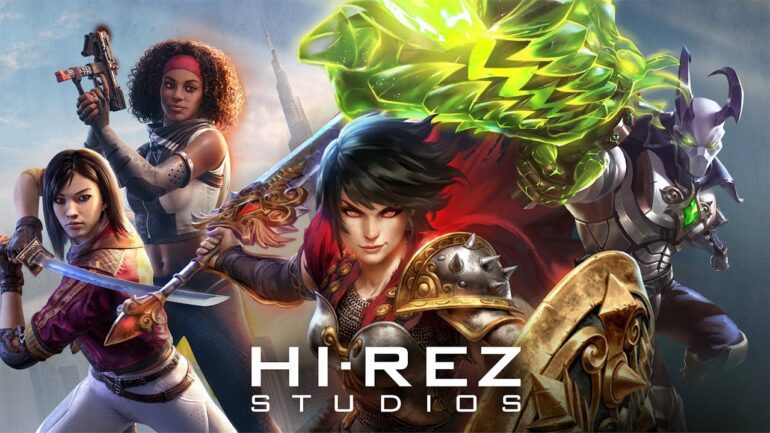TL;DR:
- Voice actor Henry Schrader alleges Hi-Rez Studios is using AI to clone actors’ performances without consent.
- Schrader claims developers resist adding measures to protect actors from AI voice cloning in contracts.
- Some actors unknowingly sign contracts granting AI rights over their voices.
- Concerns also arise about video game modders using actors’ performances without approval.
- Hi-Rez CEO responds with contractual snippets disavowing AI voice simulation.
- Chisam acknowledges AI’s complexity, releases AI rider to ensure voice talent protection.
Main AI News:
In a recent revelation that has sent shockwaves through the entertainment industry, voice actor Henry Schrader has come forward with claims that Hi-Rez Studios, the renowned developer behind hit games like Smite and Paladins, is purportedly utilizing artificial intelligence to replicate actors’ performances without obtaining their explicit consent. The controversy deepens as Schrader asserts that the studio is actively resistant to incorporating a safeguard within voice actors’ contracts that would empower them to decline the use of their voices for machine learning purposes. According to Schrader, certain actors were subjected to a particularly opaque process, being compelled to sign nondisclosure agreements (NDAs) before even laying eyes on the contract’s terms. This, he asserts, effectively silences voice actors from cautioning potential colleagues, especially those new to the industry, about potential pitfalls.
This eyebrow-raising accusation comes on the heels of an earlier revelation by voice actors who disclosed that they were being requested to relinquish their voice rights for exploitation by AI software. Shockingly, some actors confessed they were caught off guard by the inclusion of AI-related clauses in their contracts, discovering them only post-signature. Others claim they were explicitly informed that their employability was contingent on agreeing to these conditions.
Parallel concerns have also been raised regarding video game modders, who have allegedly harnessed actors’ performances without securing their explicit approval.
Responding to these allegations, Hi-Rez CEO Stewart Chisam took to Twitter to release a snippet of the studio’s contractual clause. This excerpt explicitly disavows the use or simulation of a talent’s voice or likeness via AI technologies. Chisam, addressing the intricate nature of AI’s role, acknowledged the time-consuming efforts invested in crafting precise legal verbiage for an AI rider aimed at safeguarding the interests of voice talents. He later made public the comprehensive AI rider, a component now integral to forthcoming contracts requiring the endorsement of a voice actor.
Chisam conveyed an attitude of cautious optimism, highlighting the dynamic and evolving nature of AI’s trajectory. However, he vehemently distanced the studio from any intention of unscrupulously deploying human actors’ voices for AI-related projects without their unequivocal authorization. This stance, he asserted, is rooted in principles of ethical engagement and respect for the rights of the performers.
Game Developer Magazine has sought statements from both Hi-Rez Studios and Henry Schrader, and will duly update its readership as developments unfold. The allegations serve as a stark reminder of the delicate balance between technological progress and the imperative to uphold the rights and dignity of human creative contributors.
Conclusion:
These allegations shed light on the intersection of AI and entertainment industry practices. They underscore the need for clear contractual terms safeguarding voice actors’ rights and highlight the ethical considerations surrounding AI technology’s role in creative processes. As the market evolves, industry stakeholders must navigate the fine balance between innovation and respecting creative contributors’ autonomy.

